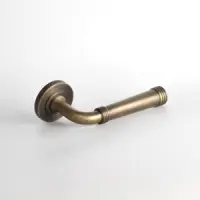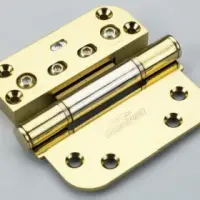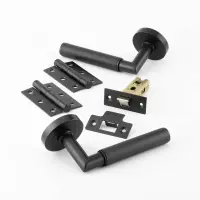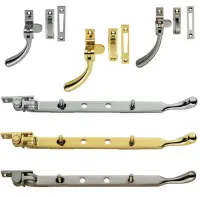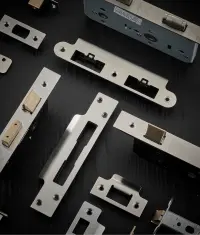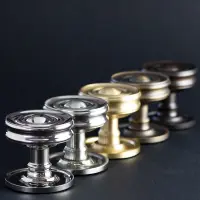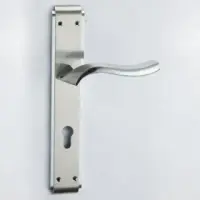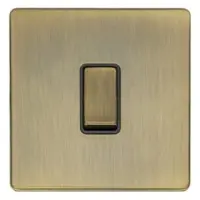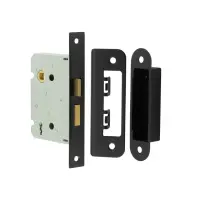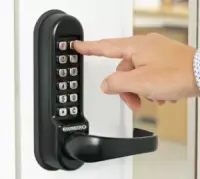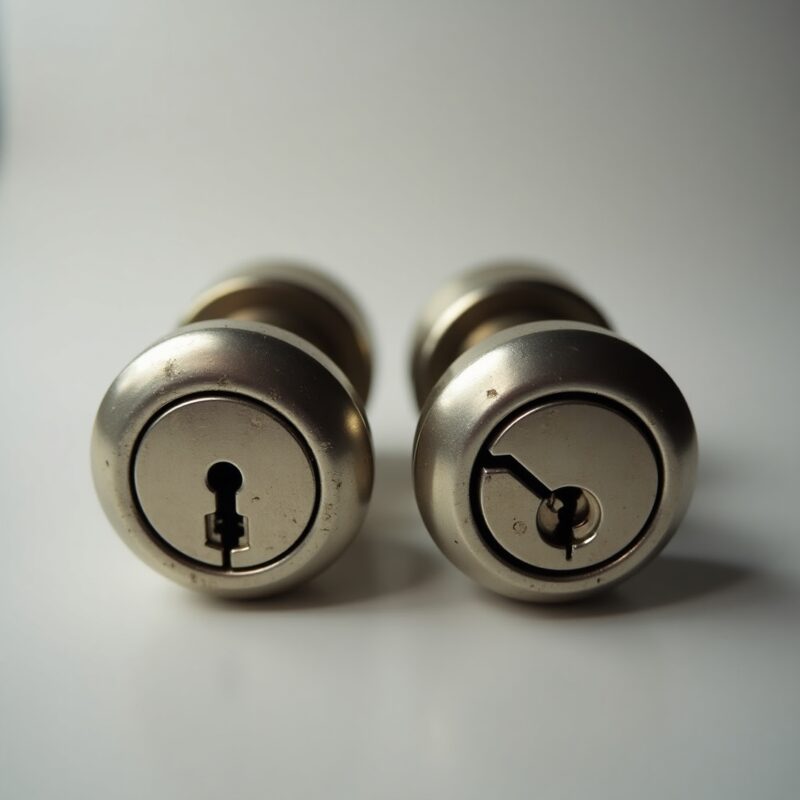Dead Bolts
10 Reasons Dead Bolts Still Reign Supreme for Home and Business Security in 2025
Still Trusting That Old Door Lock? Here’s Why You Shouldn’t.
You lock your doors. You double-check at night. Maybe you even have a smart camera on the porch.
But if your door doesn’t have a dead bolt, your security might be more vulnerable than you think.
Let’s get straight to it: dead bolts aren’t just another type of lock—they’re the backbone of serious physical security.
And in 2025, despite the rise of smart locks and fingerprint gadgets, one truth remains: nothing beats the simple power of a dead bolt.
At WebIronmongery.com, we serve thousands of landlords, homeowners, builders, and business owners. And here’s what they all have in common:
They want security they can see, feel, and trust.
Let’s walk you through 10 reasons why dead bolts continue to dominate in residential, commercial, and rental properties across the UK.
- Dead Bolts Provide True Physical Security—Not Just the Illusion of It
Unlike spring-loaded latches that can be popped open with a credit card, a dead bolt requires a key or thumbturn to engage or disengage. Once it’s in place, it’s there to stay—no bouncing, no slipping.
“After a recent break-in scare, we replaced all internal flat doors with solid locks and dead bolts. The feeling of security returned instantly.”
— London-based flat owner
A traditional knob lock may be fine for internal doors, but external doors demand dead bolts.
- They’re an Immediate Upgrade for Any Door—Without Major Work
Dead bolts can be added to most existing doors without needing to replace the entire unit.
Want to reinforce your front door? Side entrance? Back gate?
A single dead bolt adds a massive barrier against forced entry.
“We upgraded the main door with a heavy-duty dead bolt from WebIronmongery.com. It was a straightforward job and made a noticeable difference in door strength.”
— Tenant Safety Officer, mid-rise building
- They’re Low-Tech and Tamper-Resistant
Fancy digital locks can fail—batteries die, systems crash, and some can even be hacked remotely.
Dead bolts don’t suffer from that vulnerability.
No batteries. No software. Just solid mechanics.
“We had smart locks installed, but always paired them with a manual dead bolt. Why? Because mechanical security doesn’t crash.”
— Business Owner with 3 retail units
For landlords, property managers, and security-conscious homeowners, the simplicity of a dead bolt is a strength—not a weakness.
- Dead Bolts Deter Opportunistic Intruders
Most burglars don’t spend 10 minutes picking locks—they look for easy targets.
And nothing says “move along” like a thick, reinforced dead bolt protruding from a solid steel strike plate.
According to 2024 UK security data, doors with visible dead bolts were 3.5 times less likely to be targeted than those with only knob or handle locks.
“We operate multiple rentals in city buildings. Once we started adding dead bolts on every main entry, we stopped getting reports of tampering or attempted forced entry.”
— Lettings Manager, London
- They’re Affordable—And Built to Last Decades
Security systems can get expensive. But a quality dead bolt costs a fraction of the price of electronic systems—and requires no subscription, no app, and no ongoing service fee.
Even better? The average lifespan of a good dead bolt is 15 to 20 years.
“We installed dead bolts over 12 years ago. Not a single failure since. One of the best value-for-money upgrades we’ve made.”
— Maintenance Supervisor, office complex
At WebIronmongery.com, we stock bolts with precision-milled cylinders, anti-pick pins, and reinforced bolts—built to stand the test of time and crime.
- They Work Seamlessly with Modern Door Styles
Gone are the days of clunky metal lumps. Today’s dead bolts are:
- Sleek
- Minimalist
- Available in finishes like satin chrome, matte black, polished brass, and more
Whether your door is contemporary, industrial, or traditional—there’s a dead bolt that matches.
“We wanted something that didn’t ruin the clean aesthetic of our main door. The black flush-fit dead bolt was perfect.”
— Architect working on a new-build property
- Dead Bolts Are Insurance Approved (and Often Required)
Here’s something many don’t realize:
Home insurance providers in the UK often require BS3621-compliant dead bolts on all main entry doors.
If your lock doesn’t meet those standards, your policy may not pay out in case of burglary.
“After an incident, our insurance requested photos of our locks. Luckily, we had BS3621 dead bolts on all access points. Full payout approved.”
— Policyholder, residential property
WebIronmongery.com’s range of insurance-approved bolts gives you peace of mind—and eligibility for premium reductions.
- They’re Ideal for Shared Spaces and Multi-Occupancy Properties
From HMOs to flats with roommates, dead bolts give individual units or rooms added protection.
For landlords and tenants alike, that added layer of privacy can make or break a letting decision.
“We had one tenant request a dead bolt on their private room. After fitting it, they renewed their lease for another year.”
— Landlord with 6-bedroom property
In a city where property turnover is high, small upgrades like this boost both security and retention.
- They’re Not Just for Front Doors
Dead bolts work beautifully on:
- Garage side doors
- Outdoor storage units
- Basement entries
- Utility access points
- Internal office doors needing extra protection
One client installed stainless steel dead bolts on their workshop double doors to protect expensive tools.
Another secured a garden office unit with a digital keypad + dead bolt combo.
“Adding a bolt to our storage annex cost under £50 and saved us hundreds after an attempted break-in.”
— Freelancer operating out of a converted backyard space
- They’re the Lock Installers Recommend Most
We asked 10 local locksmiths and professional installers:
“If you had to recommend just one lock for overall reliability and value, what would it be?”
8 out of 10 said: ‘A solid dead bolt.’
Why?
- Low failure rate
- High resistance to force
- Ease of installation
- No electrical components to troubleshoot
At WebIronmongery.com, many of our bestselling dead bolts come recommended by trade professionals across the UK.
Real-World Case Study: How Dead Bolts Saved a Shop Owner £6,000
A London-based retailer faced repeated tampering attempts on a side delivery door.
After two repairs, they finally upgraded to a heavy-duty bolt with a reinforced strike plate from WebIronmongery.com.
Weeks later, during another attempted break-in, the bolt held firm. No entry was gained. No goods were lost. And insurance didn’t need to get involved.
The total cost of the dead bolt upgrade? £98.
The value of what it protected? Over £6,000 in merchandise.
FAQs
Are dead bolts better than regular locks?
Yes, dead bolts provide stronger protection and can’t be easily bypassed like standard knob locks.
Do I really need a dead bolt?
If you want serious security—especially for an external door—then yes, you do.
Can I install a dead bolt on any door?
Most wooden and metal doors can easily be upgraded with a dead bolt. Just make sure the door is solid and not hollow.
Are dead bolts easy to pick?
Quality dead bolts with anti-pick pins are extremely difficult to pick. They’re far more secure than basic locks.
What’s the best type of dead bolt?
Single-cylinder dead bolts are great for most homes. For glass-panelled doors, a double-cylinder dead bolt may offer more protection.
Where can I buy reliable dead bolts online in the UK?
You can explore top-quality dead bolts at Webironmongery.com—designed for builders, landlords, and security-focused property owners.
Final Thoughts: Dead Bolts Are Simple. And That’s Why They Work.
In a world full of over-complicated tech, flashy features, and gadgets with 17 settings…
Sometimes, the best solution is a solid, well-fitted dead bolt.
It doesn’t beep. It doesn’t crash.
It just works.
For landlords, homeowners, builders, renovators, or anyone who takes security seriously—bolts are the one lock you don’t cut corners on.
So if your doors are relying on flimsy latches or decades-old locks—it’s time for an upgrade.
Browse our expertly curated collection of dead bolts now at Webironmongery.com
Because real peace of mind doesn’t need an app—it needs the right hardware.

